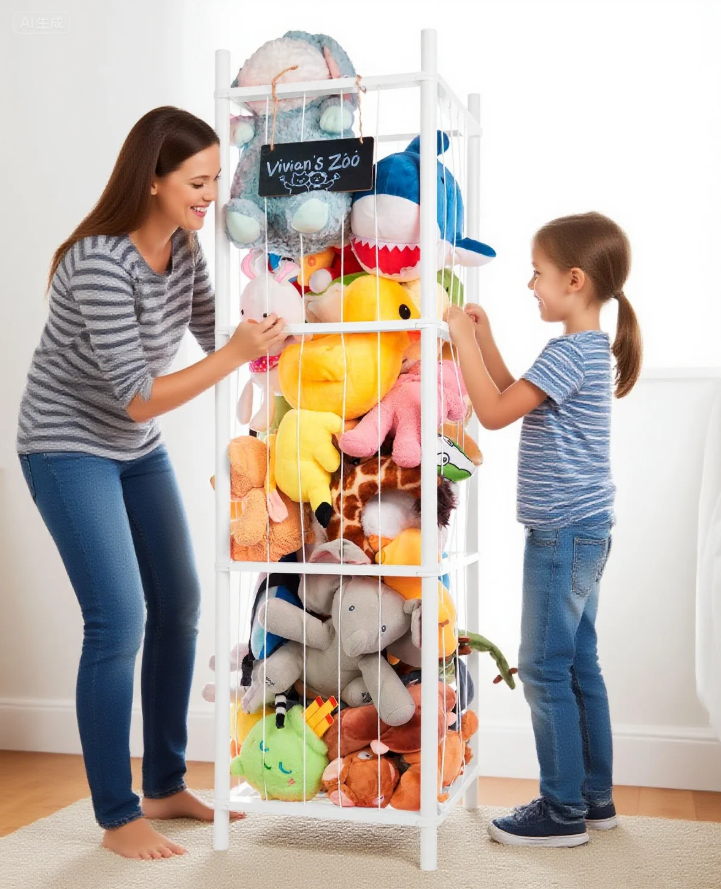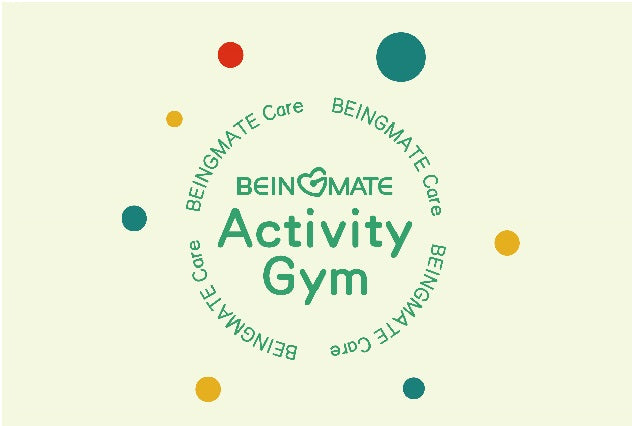Why Sensory Play Matters: A Complete Guide for Parents
Sensory play is more than just fun—it’s a critical part of your baby’s growth and development. By engaging their senses, these activities help little ones understand the world around them while building essential skills. From boosting brain development to improving motor abilities, sensory play offers countless benefits. Here’s a detailed guide to help you make the most of it!
What Is Sensory Play?
Multi-Sensory Engagement: Activities designed to stimulate touch, sight, sound, smell, and sometimes taste.
Learning Through Exploration: Babies discover textures, colors, sounds, and cause-and-effect relationships in a hands-on way.

Why It’s So Important
Brain Development: Sensory play strengthens neural pathways, enhancing cognitive growth and problem-solving skills.
Motor Skills: Grasping, squeezing, and moving objects improve both fine and gross motor coordination.
Emotional Regulation: Calming activities (like water play or soft textures) can reduce fussiness and help babies self-soothe.
Language & Social Skills: Describing sensory experiences (“This is squishy!”) builds vocabulary and encourages interaction.

When to Start Sensory Play
Early Stages (0-6 months): Introduce high-contrast visuals, gentle sounds, and soft textures.
6-12 months: Add more interactive elements like crinkly toys, sensory bins, or edible finger paints.
Toddlers (1-3 years): Expand to complex activities like sorting, pouring, or nature scavenger hunts.
Easy Sensory Play Ideas
Tactile Play: Fill a bin with rice, pasta, or water beads for scooping and pouring.
Sound Exploration: Create DIY shakers, play nature sounds, or dance to music.
Visual Stimulation: Use light tables, colorful scarves, or bubble tubes.
Smell & Taste (Safe Options): Offer edible paints, scented playdough, or fresh herbs to sniff.

Tips for Success
Supervision Always: Ensure materials are safe and age-appropriate (no choking hazards).
Follow Their Lead: Let your baby explore at their own pace—even mess is part of the learning!
Keep It Simple: Everyday items (sponges, ice cubes, or fabric scraps) work perfectly.
Final Thought: Sensory play doesn’t require fancy toys—just curiosity and a little creativity. By incorporating these activities into your routine, you’ll nurture your child’s development while making priceless memories.


